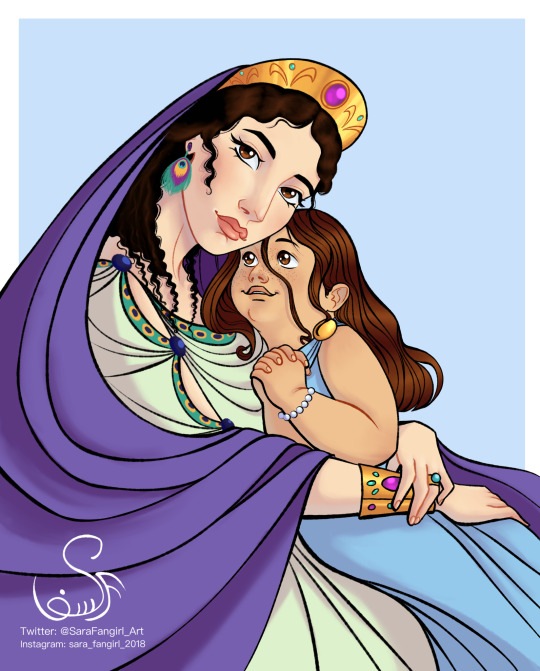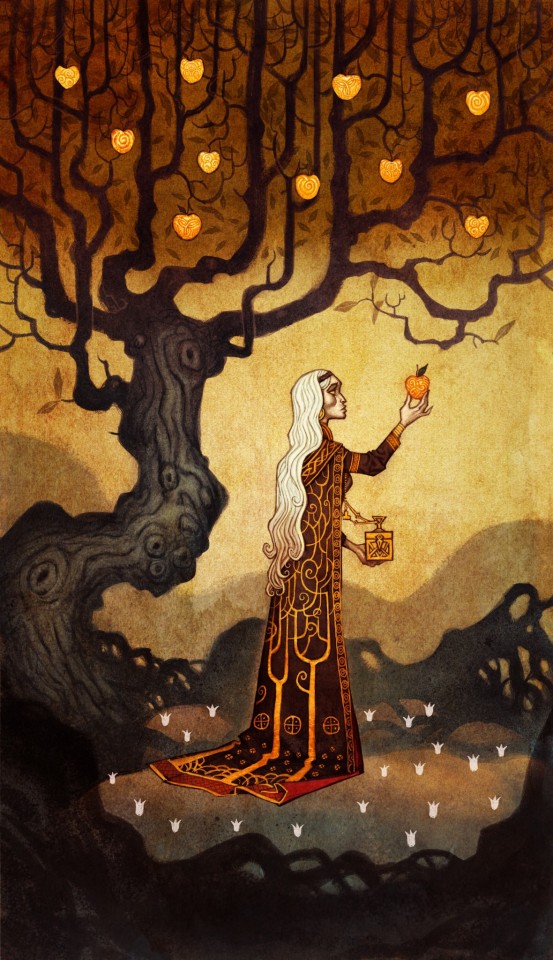Text


Pallas Athena
Goddess of wisdom, warfare, and handicraft.
376 notes
·
View notes
Text

a little a Ragnarök, as a treat ☀️🐺
30K notes
·
View notes
Text
Queen Hera of the heavens and earth, please help fix this massive fuck up with my mom
0 notes
Text
tumblr i did it
an actually accurate “what greek god are you” quiz
#maybe I'm really random#or i just don't know myself enough#but i got Poseidon#and i know for a fact I'm nothing#he is described to be
24K notes
·
View notes
Text
Sweet Aphrodite of the common folk, bless my dreams
0 notes
Text
Pagan pro-tips
Having been pagan and polytheistic for about 7 years, I can attest to these tips’ efficiency.
Pinterest is your best friend when it comes to devotional art
But don’t ever trust a single line of information on there.
Casually call out or whisper a deity’s name when something makes you think of them, so you can invite them to witness it!
If someone asks too many questions and you don’t feel like “coming-out” as pagan, tell them you’re ~more spiritual than religious~ and they’ll act like they get it.
Write your own prayers who tf cares
Playlists playlists playlists
I’m serious, even the simplest stuff people would label as “aesthetic” works well when you’re on a busy schedule but you want to stay casually connected to your faith.
Sure, paganism is deeply personal, but are there other people you could learn from? People you could help? Listening + sharing = community building!
3K notes
·
View notes
Text
Is leaving a glass of water and a tiny piece of chocolate (in wrapping) on the altar what the Old Pagans would do?
No.
Is it something that I'm doing?
Yes.
Would the Original Pagans ask for things being like "whoever feels like fulfilling my wishes, here's an offering for you"?
No.
Did I just do that?
Yes.
8 notes
·
View notes
Text
If anybody knows any historically reliable sources for Baphomet pls tell me.
0 notes
Text
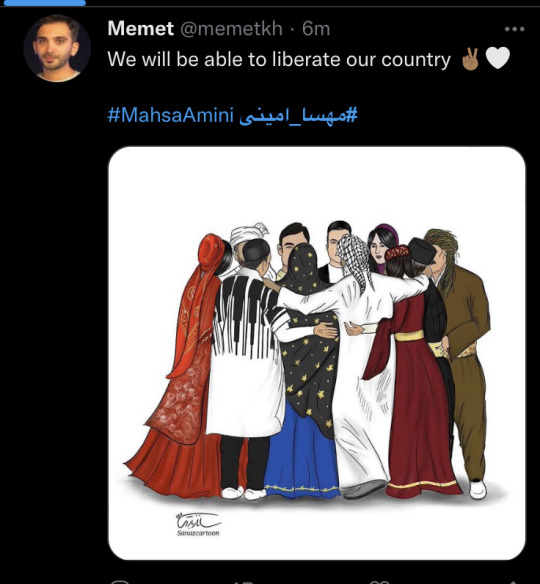



There is barely any news coming from in Iran as the internet is shut down. Please help us by spreading awareness about what is happening in Iran. Don’t let our voice die down.
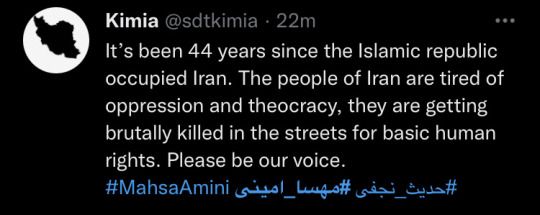
Fuck the police
3K notes
·
View notes
Note
Ello! I hope you don’t mind this, but I’ve got a few questions. What are some of the cultural things about the evil eye you won’t find from just researching? And what are some memes/jokes about it? And lastly, what are some interesting facts about the evil eye in Greek culture? Thank you for reading, I love your blog. It’s so cool reading about your culture!
Hello! Thank you for passing by and leaving good words! <3
There are not many extra things I have heard. But I have a small list:
1) the Greek orthodox church recognizes the evil eye as kind of a bad energy or a curse
2) The evil eye is given to someone when someone compliments them but in a condescending way or out of jealousy (or the “eating someone with your tongue” - γλωσσοφαγία)
3) When you say very good words about someone - especially a child - you have to spit lightly on them three times so they are not in danger to get “eyed“ by your good words (like, their fate will turn bad if you say too many good things to them). Basically you say “ftou ftou ftou I won’t eye you“ (bad translation from Greek :P)
4) according to my aunt, when you suspect someone is giving you the evil eye, you should touch your butt this very moment and the evil eye will leave you
5) Yawning very often and having a headache is indication of the evil eye
6) If you suspect you are “eyed”, cou can tell someone to “un-eye“ you by reciting a secret prayer. (This special prayer is passed to the next generation in a certain day and by certain people under certain circumstances). You can also go to church for the “un-eyeing“ or make a cross with holy oil on your forehead. Garlic also helps!
7) During the “un-eyeing“ process if the one praying or the “eyed“ person yawns, then we will know they are “eyed“. Others say that the yawning is the way of the body to get rid of the bad energy/spirits. Puring oil on water also helps you learn if the person is “eyed“ based on how the drops of oil will fall.
7) Most of younger Greeks don’t believe in the evil eye but they may wear jewelry with the blue eye just because of the aesthetic
8) The first eyes protecting from curses in the Greek culture were found in ancient cylixes and drawn in ancient boats! The ancient Greek word Βασκανία (Vaskania) means “negative affect on someone who is looked with jealousy or admiration by someone” or “evil magic/energy/spell“
9) The tradition of the evil eye is also spread in the middle east. Among the middle eastern cultures, the Μuslim Turks also had it (they could have taken it from the Greeks) and they repelled the bad energy by saying “Mashallah“ ("God has willed it")
10) People with blue eyes are rare in Greece and the middle east. So in some parts it was considered that those blue eyes were scary and brought bad energy
11) Blind people cannot be ”eyed“ because the bad energy enters from the eyes and they don’t see
12) We mostly joke about unties/grandmas who think that when we feel ill we are actually “eyed”. Some jokes are:
“Thank all of you who spit on my face. It keeps the evil eye away!“
“You are Greek when you can tell the difference between a Bad Eye Headache and a normal headache“
“I believe in the un-eyeing. Especially if I see my boyfriend with someone else.“
“I have such a headache! It’s the third bottle of tsipouro I drunk, which “eyed” me!“
“- Ι am eyed! - No, you are just poor and ugly by nature“
“I am eyed all the time. It must be because I am beautiful beyong comparison“
Τhere is an application for the un-eyeing!! You take a picture of your face and a grandma named Trigona (turtle dove) appears on the screen reciting prayers to un-eye you! The logo of the app is the spitting (remeber the “ftou ftou ftou” thing??)
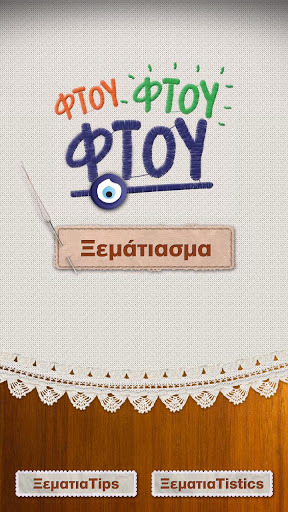
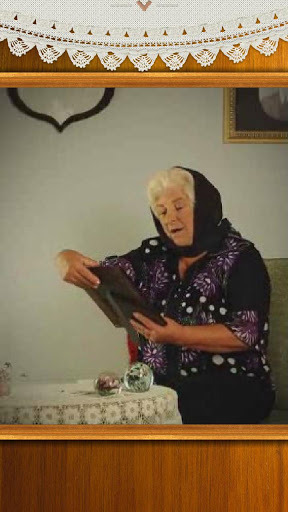
That’s all for now! I will ad more info if I find something else!!
180 notes
·
View notes
Text
The Ancient Greeks had two words for time:
1. Chronos = sequential, quantitative time
2. Kairos = fluctuating, qualitative time
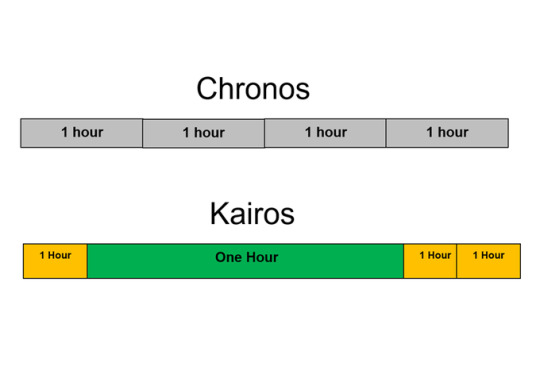
Chronos refers to time as we usually mean it: a sequence of equal parts. There are twenty-four hours in a day, and each hour is the same length of time. It's what a clock measures, basically.
Kairos refers to how certain moments are more important or influential than others. A clock can't measure that, but it's undeniable that some times are much more significant than others.
Twenty-fours in your average day. Are they all spent equally? Do they all present equal opportunities? Many of them simply disappear. We look at the clock, and two hours have passed while watching TV or chatting. While other moments in your day are much more noticeable. Those where time seems to pass slower, or where - if you do the right thing - there can be significant consequences, for good or bad.
This is what kairos refers to those crucial moments which are *not* equal to other, less critical moments. An obvious example is a birth of one's child, an exam, getting married, or a job interview.
But kairos doesn't just refer to those life-altering, memorable occasions. It's about the fluctuation of events and circumstances which create opportunities. Kairos measures the *importance* of a particular moment in time rather than its duration.
Try thinking about your day in terms of kairos, not chronos. Which moments are the most important? Which moments are the most useful? Which moments allow you to do something consequential?
But remember: kairos is ever-changing because events and circumstances and people are ever-changing. You can't control it, just like you can't control chronos time. But you can *act*. You can take the opportunities to which kairos draws your attention. A very familiar feeling to all of us is when, after an argument or debate or conversation, you suddenly realise what you *should* have said but didn't. That moment when you had the chance to say *just the right thing*? That's kairos.
Everybody knows that not all minutes, hours, days, or moments are equal. Kairos puts a name to that fundamental truth.
455 notes
·
View notes
Text
fooor the love of bougatsa please respect the language of the most ancient hymns of the Greek gods you worship and really take in that the word "Hellenic" is actually the Greek word for "Greek". Realize that Greeks use it and have been using it generations ago, and that you are probably - unintentionally - misusing it today.
You don't say "I am a Norse" if you are a "Norse pagan", or a "Norse polytheist". You don't say "my religion is Slavism" when you are taking the worship of ancient Slavic gods. So please make sure you are using the Greek word correctly and don't say that you are just "a Hellenic"? Ok so what, why am I talking about grammar all of a sudden?
The main reason I'm emphasizing this is: do you know what the "Hellenic community"/"Hellenism"/"Hellenismos" is literally used for? The Greek people. The Greek community. The Greek culture. That's how Greeks self-identify and characterize their culture consistently since the creation of our state, the Hellenic Republic.
I am not saying don't use the word "Hellenic". I am saying use it appropriately! But please don't use "Hellenismos"/"Hellenism" as a substitute for "Hellenic polytheism".
The ancient religion with the name "Hellenismos" is not the same as a generic worship of some Greek gods today. It referred to a specific ancient belief system that I haven't seen one Hellenic polytheist online use. (Maybe they exist but they are very rare)
It baffles and upsets many Greeks when they learn about how foreign polytheists are using the terms. The younger ones have a milder averse reaction but if I say it to my Greek aunt or parents? Ooof... It's going to blow their mind and not in a good way. Because for them/us the fact that's they miss you are very important words for "Greek" and "Greekness" while loving the ancient Greek culture and religion shows disrespect. It's disrespectful to the people who are on average the most exposed to the myths and Hellenic antiquity since birth, and safekeep the heritage and cultural riches of our country.
I know that "Hellenismos"* has been used wrong for some years now but can the foreign community slowly unlearn it? It's not a traditional Anglophone name, or so blended with the English language that such use is normalized in Anglophone societies. Its modern use is very recent and it started by misinformed individuals (who may or may not had viewed Greek culture in a fetishizing way) back when things were not very culturally sensitive, and we were viewed by the international community as not being capable enough to care for our Parthenon marbles.
*or it's English version, "Hellenism"
If many Greek scholars hadn't left for Central Europe after the fall of Constantinople, you wouldn't have so much material or interest about our antiquity today. We were never cut from the myths and the gods, even if it's not our ethnic religion, and we safekept many things in the face of danger (no exaggeration here). Apparently I need to state the obvious fact that the Greek people of all eras were an organic part of the process that lead you to learn about these gods.
Please respect our traditional identification terms as a nation. It's not much to ask.
* I already have some posts on this matter and I can link them for you if you ask, but that's the gist of it. As you understand I'm not going to hunt down anyone with a pitchfork. I am just taking the issue out there one more time.
1K notes
·
View notes
Text




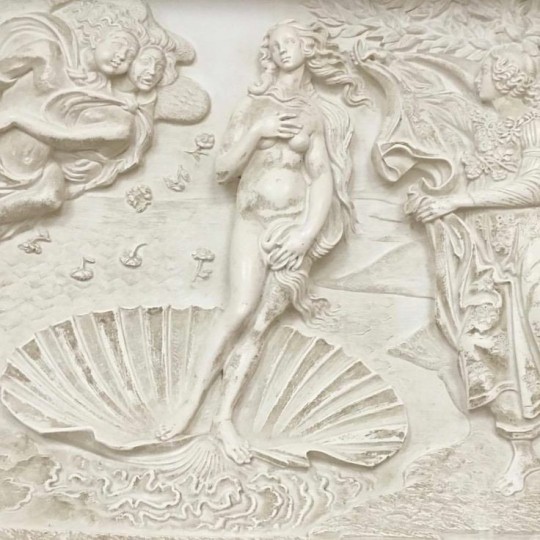




Deity Aesthetic: Aphrodite Aligena (Sea Born)
2K notes
·
View notes
Text
Rather frustrating. The comments being 'this is why you shouldn't learn witchcraft from tumblr- read a book!'
-deep breath- no.
The publishing industry sees significant booms in new age/witchcraft material every 20 years or so and so very much of them are filled with the same attitudes you'll see on social media.
The hosts of problems people are calling attention to in the new age movement are not native to tumblr or twitter or tiktok. Cultural appropriation has been a problem in any time period that colonizers decide that they can make a profit from native cultures by selling their beliefs as 'ancient wisdom' and their tools as novelties and trinkets.
And I do mean any time period.
Books are not pure. Books are written by authors and because authors are human they are going to have their own biases.
And I'm not saying you should stop reading. I'm saying you should question everything you read. Why does this author think the only way to raise your energy is through chakras? Why does this author think these imported resins cannot be substituted with local herbs? Why does this author put so much emphasis on the womb as a center of a womans power?
"But Lee! If there are no perfect books, how do we find resources on witchcraft?"
Talk to people.
Talk to people currently practicing whichever practice you want to practice. Ask them questions. With few exceptions, most cultures being referenced in new age woo are alive and active and vocal online.
Yes, I realize that they, too, are imperfect resources. The goal is not to have a library of perfect, unproblematic fonts of information, or even have an unproblematic practice. The goal is to do even a little better than those that came before us. We will not be able to immediately heal from the people we didnt know not to trust, but we can bit by bit make the world a better place by letting people speak.
838 notes
·
View notes
